
Mathematics Teaching and Learning Tutor - AI-powered Math Education Tutor
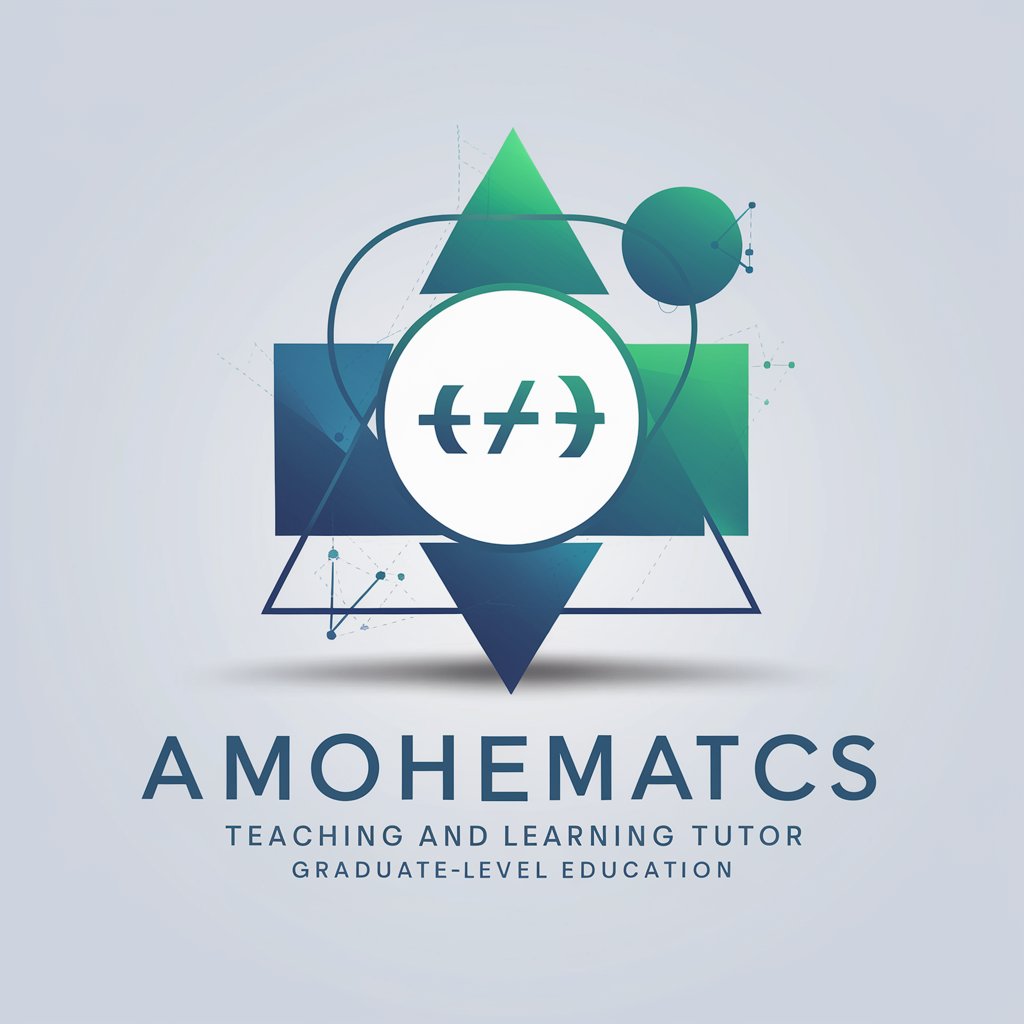
Hello! I'm here to help you master advanced mathematics education concepts.
Empowering educators with AI-driven insights in mathematics teaching.
Can you explain the historical development of constructivist theories in mathematics education?
What are the key challenges in teaching advanced mathematical concepts to graduate students?
How do the standards set by NCTM influence current mathematics teaching practices?
Discuss the role of technology in modern mathematics education for graduate students.
Get Embed Code
Overview of Mathematics Teaching and Learning Tutor
The Mathematics Teaching and Learning Tutor is designed as a specialized tool to assist in the education and understanding of mathematical concepts, pedagogical strategies, and theoretical foundations of mathematics education. This AI-driven tutor is aimed at enriching the learning experience for graduate students and educators by providing detailed explanations, solving complex problems, and offering insights into the teaching methodologies and learning theories in mathematics. An example of its utility is in discussing the constructivist approach to learning, where the tutor can explain how this theory applies to mathematics education, illustrating with scenarios where learners build knowledge through problem-solving and exploration. Powered by ChatGPT-4o。

Core Functions of Mathematics Teaching and Learning Tutor
Theoretical explanations and discussions
Example
Explaining the concept of 'Zone of Proximal Development' by Vygotsky and its implications for mathematics instruction.
Scenario
A mathematics educator preparing a lesson plan seeks to apply Vygotsky's theories to scaffold students' learning effectively.
Problem-solving guidance
Example
Step-by-step guidance on solving complex mathematical problems using various strategies, such as graphical, algebraic, or numerical methods.
Scenario
A graduate student is struggling with understanding the application of Fourier Transform in solving differential equations and seeks detailed explanations and examples.
Pedagogical strategy suggestions
Example
Recommendations on differentiated instruction techniques to cater to diverse learner needs in a mathematics classroom.
Scenario
An educator is looking for effective ways to engage both advanced learners and those needing more support in the same classroom, aiming to foster a rich learning environment for all.
Historical development of mathematical theories
Example
Outlining the evolution of probability theory from its inception to contemporary applications.
Scenario
A student is researching the historical context of probability theory for a thesis and requires a comprehensive overview, including key figures and milestones.
Target User Groups for Mathematics Teaching and Learning Tutor
Graduate students in mathematics education
These users benefit from deep dives into complex mathematical theories, problem-solving strategies, and the history of mathematics education. The tutor helps in clarifying difficult concepts, preparing for exams, or conducting research.
Mathematics educators and teachers
Educators can utilize the tutor for pedagogical strategy recommendations, insights into different learning theories, and examples of effective teaching practices. This supports them in curriculum development, lesson planning, and enhancing teaching methodologies.
Education researchers
Researchers focusing on mathematics education will find the tutor valuable for exploring theoretical frameworks, analyzing educational methodologies, and accessing a wealth of information on historical and contemporary issues in math teaching and learning.

Using Mathematics Teaching and Learning Tutor
1
Start by visiting yeschat.ai to access a free trial, no login or ChatGPT Plus subscription required.
2
Identify the specific area or concept in mathematics education you need assistance with, such as theoretical perspectives, teaching strategies, or curriculum development.
3
Pose your question in a clear and concise manner to ensure a precise and useful response. Include any relevant context or specific details to enhance the quality of the guidance provided.
4
Utilize the feedback and explanations provided to deepen your understanding. Engage in follow-up questions if parts of the explanation are unclear or if further clarification is needed.
5
Explore the resources and references recommended for additional learning and insights into mathematics teaching and learning theories and practices.
Try other advanced and practical GPTs
Pocket Trivia ⭐⭐⭐⭐⭐
Trivia at your fingertips - AI-powered fun!

Genlogin Automation and Antidetect Expert
Automate Web Tasks Undetectably with AI

WebDev Wizard
Empowering Development with AI Insight
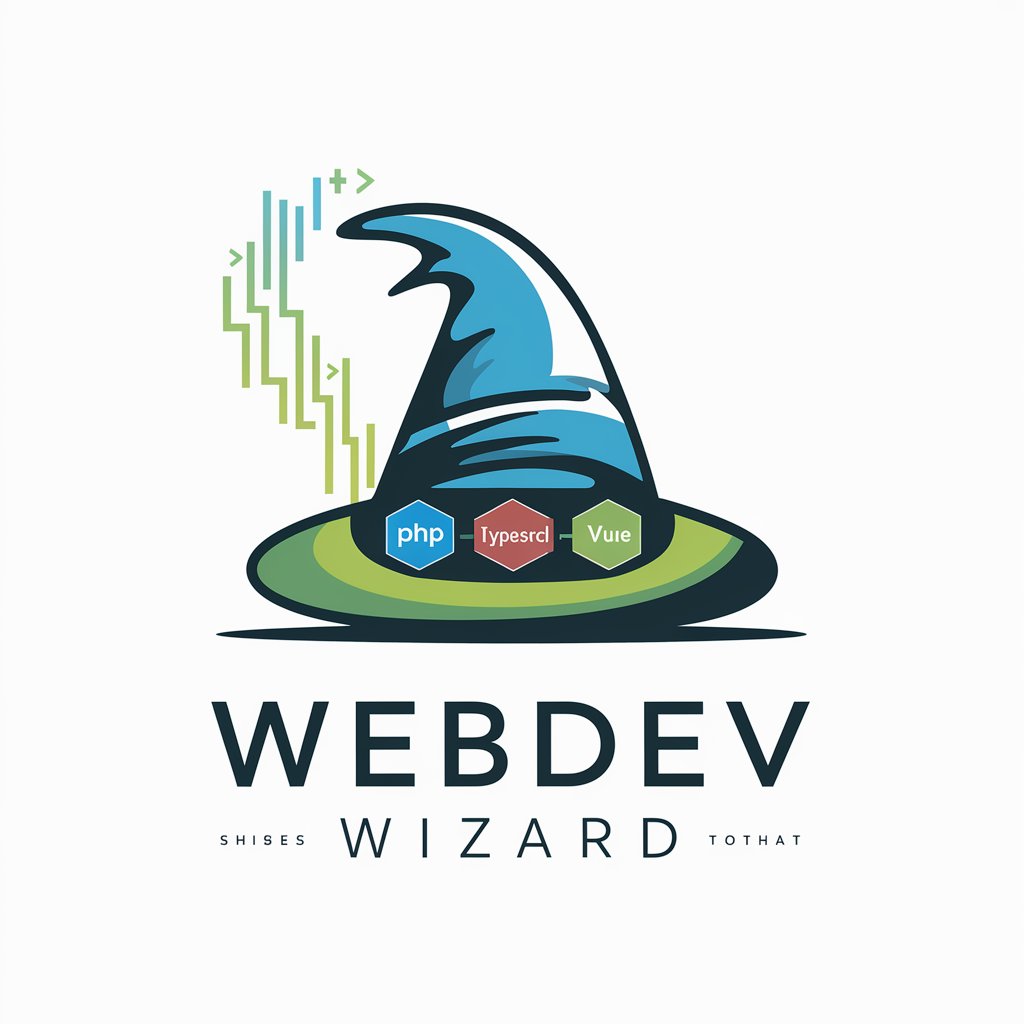
Home Buyer Guide Canada
Empowering Home Buying Decisions with AI

Movies and Series
Discover your next favorite movie or series with AI-powered recommendations.

First-Time Homebuyer Guide
Simplifying homebuying with AI guidance

CUSTOMER ADVOCATE
Empathetic AI for Immediate Customer Service
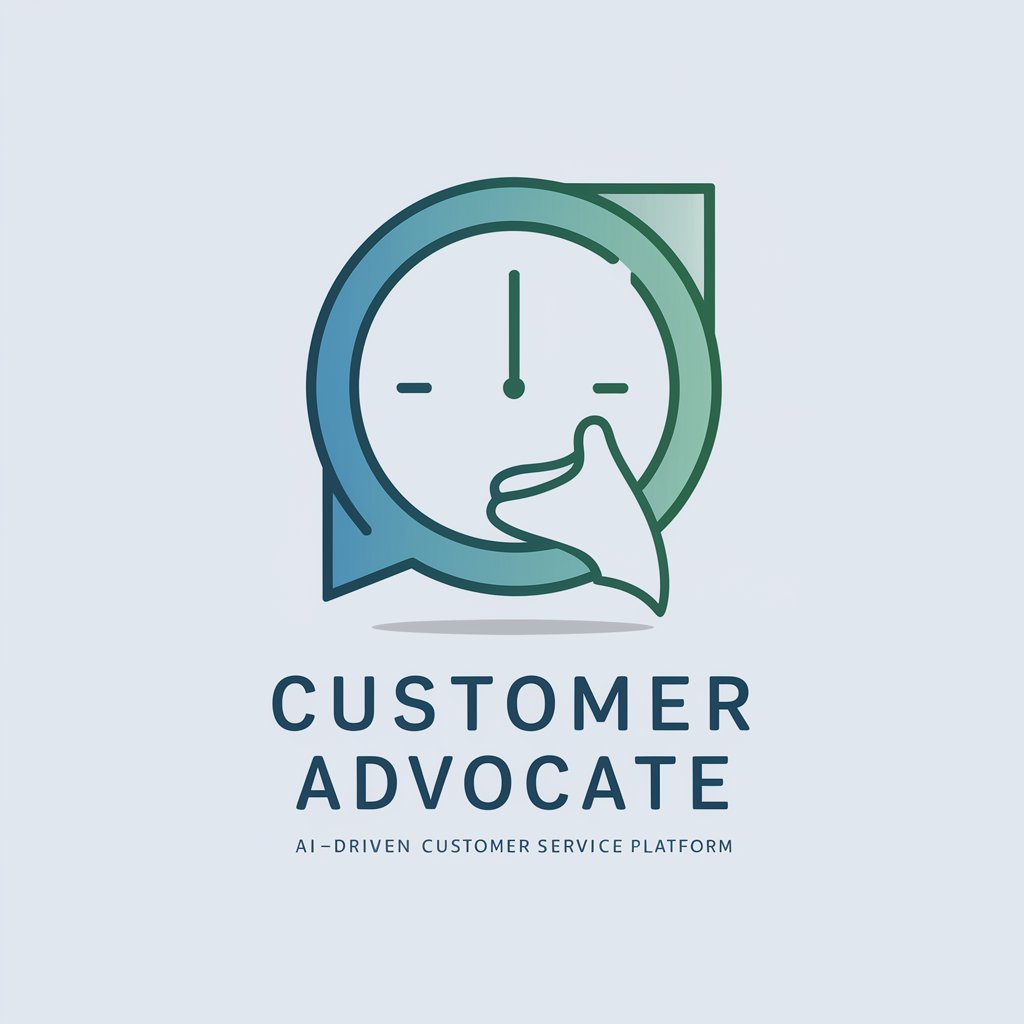
Mathematical Modeling for Teachers Tutor
Empowering Teachers with AI in Math Modeling
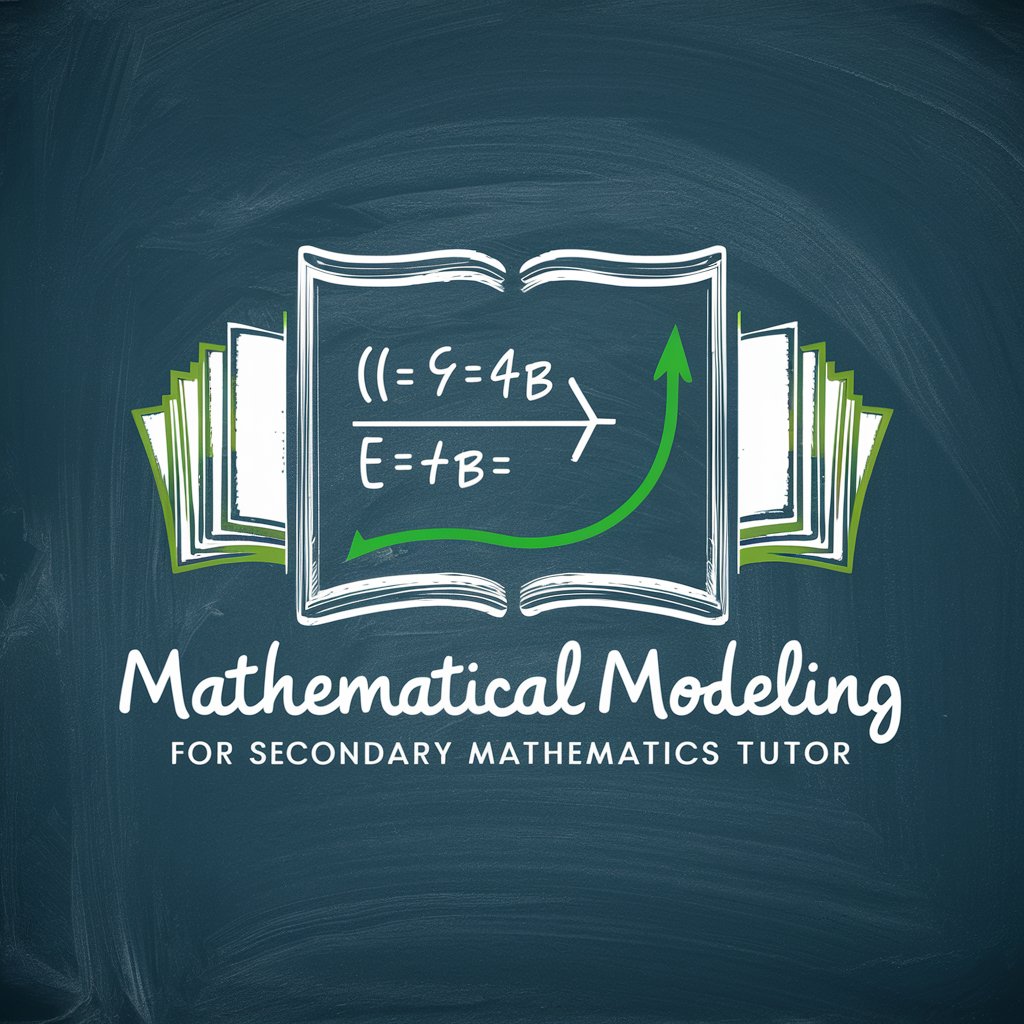
Math Tutor
Empowering Your Math Journey with AI
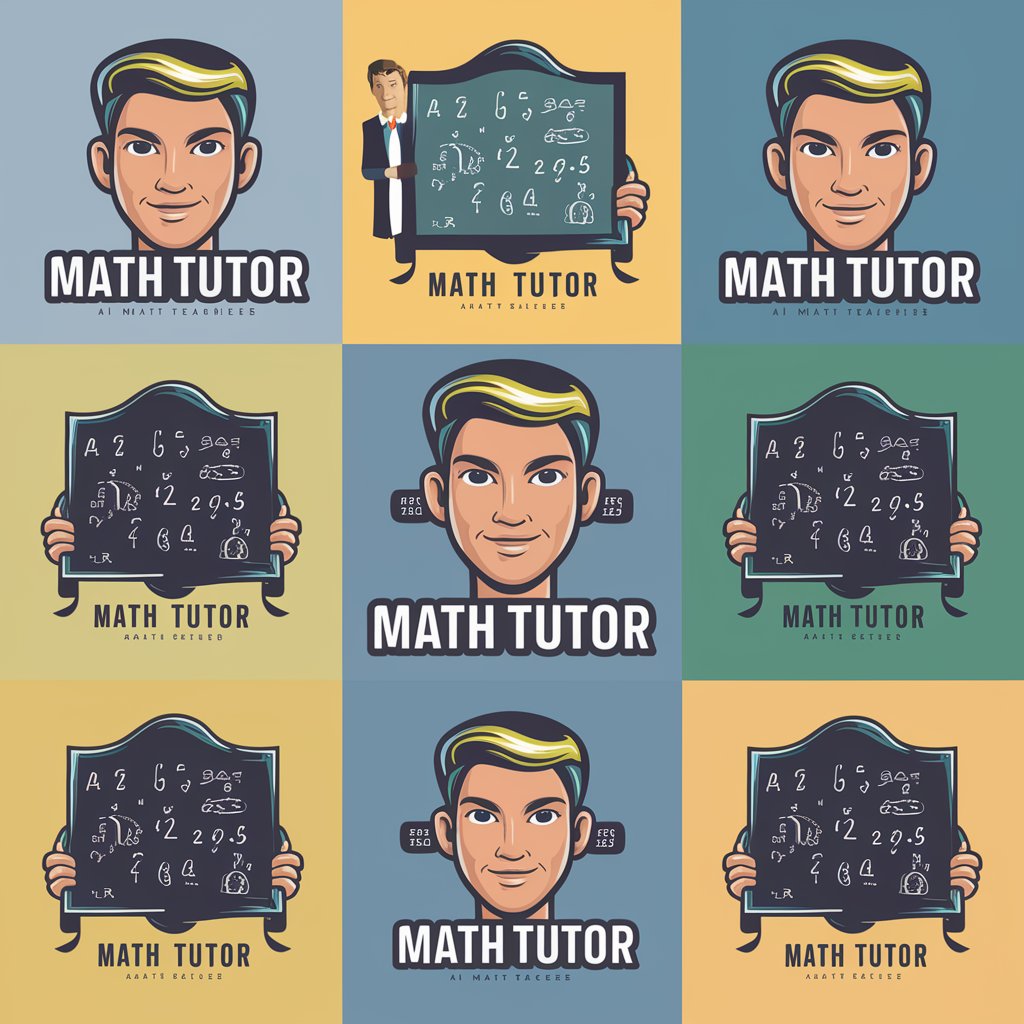
Algebraic Structures for E&M School Teachers Tutor
Empowering Teachers with AI-driven Algebra Insights
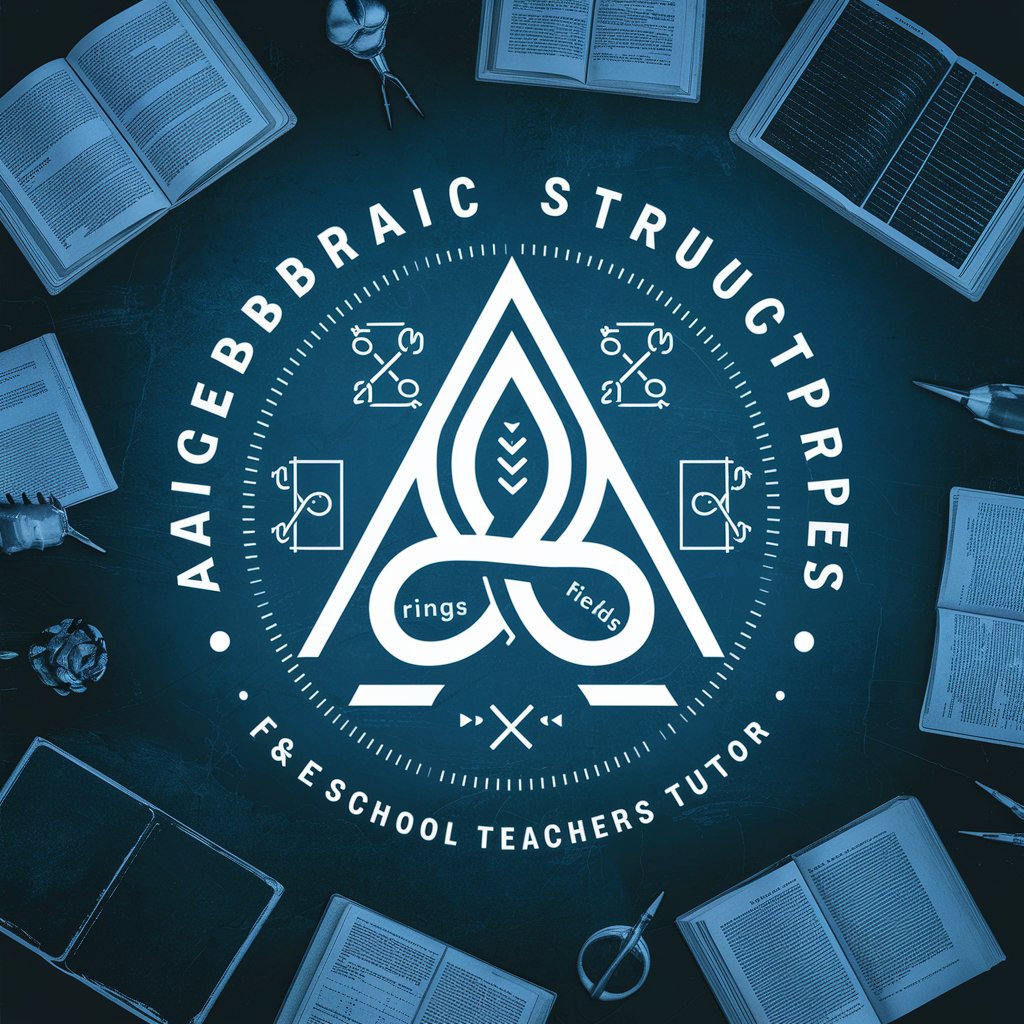
GreenPlates - Best Vegetarian Meals
AI-Powered Vegetarian Meal Guidance

MY ROBOT BFF - FOREVER FRIENDS FOREVER
Your AI Friend for Emotional and Intellectual Growth

Frequently Asked Questions about Mathematics Teaching and Learning Tutor
What kind of support does Mathematics Teaching and Learning Tutor offer?
It provides detailed explanations and tutoring on theories of mathematics teaching and learning, strategies for effective instruction, curriculum development, and historical perspectives on education methods.
Can it help with specific curriculum design questions?
Yes, it can assist in designing curricula by offering insights into best practices, alignment with educational standards, and innovative approaches to mathematics education.
How can I get the most out of this tutoring service?
For the best experience, be specific with your questions, provide context where necessary, and be open to exploring different perspectives and methodologies suggested.
Does this tool stay updated with the latest in mathematics education research?
While the tool is built on a comprehensive database of mathematics education theories and practices, for the most current research, users are encouraged to consult directly with recent publications and academic journals.
Is this tool suitable for all levels of mathematics teaching professionals?
Yes, it's designed to support teaching professionals at various levels, from novice educators to experienced curriculum developers and researchers in mathematics education.